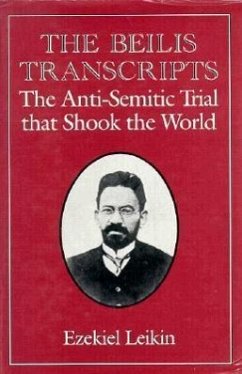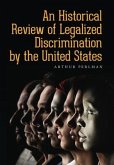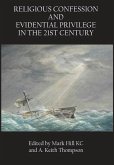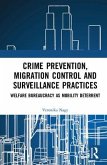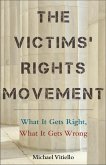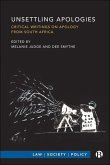On March 20, 1911, the mutilated body of a twelve-year-old boy was discovered in a cave near Kiev, Russia. In reaction, a vicious anti-Jewish campaign was launched in the Russian press against the Jewish community, accusing the Jews of using human blood for ritual purposes. Although a police investigation pointed to a gang of thieves, pressure from anti-Semitic organizations led to the arrest of a Jewish scapegoat, Mendel Beilis, the superintendent of a local factory. The Beilis case attracted worldwide attention, inspiring protests and public outcries by political leaders, artists, clergymen, scientists, and many others throughout Europe and the United States. Beilis was imprisoned for more than two years. After deliberating for several hours, a jury composed of simple Russian peasants found him not guilty. The Beilis trial had been engineered by high officials in the czarist hierarchy and reflects the maladies and misadventures of Imperial Russia before its collapse in the 1917 Revolution. Beilis was - in a very real sense - a scapegoat of extreme forces, including the rabidly anti-Semitic "Black Hundred", which held sway over Russian body politic under the last czar, Nicholas II. It was only in the aftermath of the Revolution in 1917 that the archives of Imperial Russia were opened to public scrutiny. These declassified documents revealed the full scope of the conspiracy and how leading ministers of state were involved in staging the trial in a way that would malign Judaism and the Jewish people. Many books have been written about the Beilis trial, the most well known being The Fixer by Bernard Malamud. The Beilis Transcripts: The Anti-Semitic Trial that Shook the World is unique inthat it provides, in abbreviated form, the "chemistry" of the Beilis trial itself. Many years ago, Ezekiel Leikin discovered the court transcripts of the trial in the personal library of his father, who served as chief rabbi in the town of Kazan, Russia. By translating the transcripts, which include testimony of witnesses and experts as well as speeches by the prosecution and the defense, Leikin has given his readers a front-row seat to one of the most infamous attempts to vilify and discredit Jews and Judaism.
Hinweis: Dieser Artikel kann nur an eine deutsche Lieferadresse ausgeliefert werden.
Hinweis: Dieser Artikel kann nur an eine deutsche Lieferadresse ausgeliefert werden.

